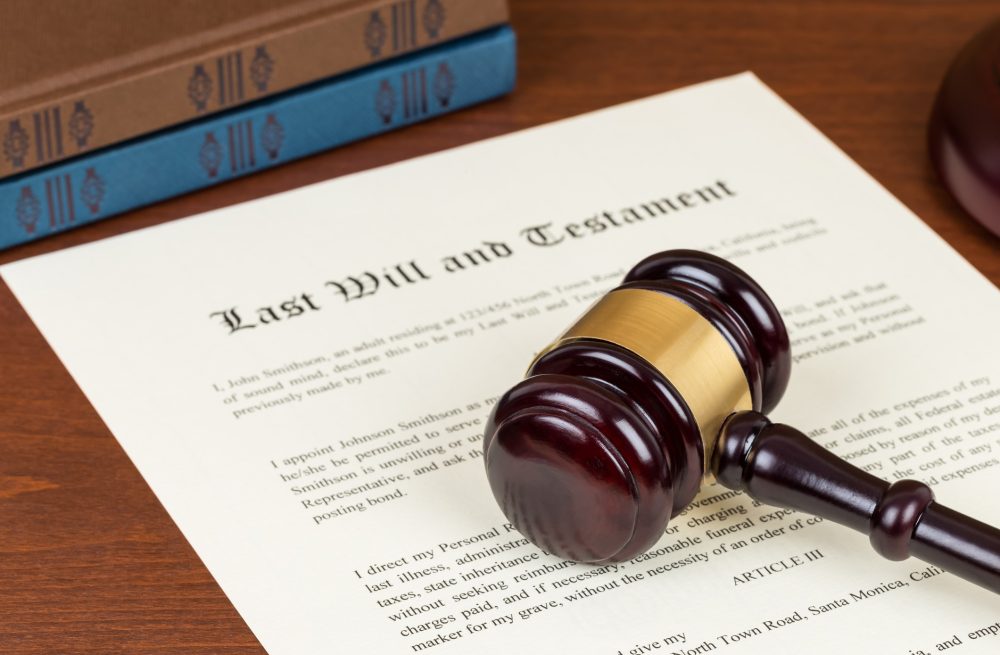In a recent decision, the New Jersey Appellate Court made two separate findings regarding undue influence on an elderly mother (“decedent”), even though all of the alleged events happened within the same general time period. The decedent’s Last Will and Testament (“Will”) appointed her daughter, Cathy Timpone (“Timpone”) as executrix of the estate and split her residuary estate in thirds: one-third to Timpone, one-third to her son, Ronald Porto (“Porto”), and the last third to be split evenly between her grandchildren.
The dispute involves $121,891.28 in savings bonds and four joint bank and brokerage accounts in the amount of $93,649.99, which were all excluded from the corpus of the estate. Porto sued his sister, Timpone, because he believed that Timpone had exerted undue influence on their mother during the final years of her life, thus resulting in the exclusion of the previously mentioned assets from the estate. Porto’s claim was partially based on the fact that their mother lived with Timpone for several years prior to her death.
Porto alleged that two years before decedent’s death and while she “suffered from debilitating physical conditions and dementia,” the decedent transferred the savings bonds amounting to $121,891.28 to Timpone. Porto also claimed that $93,649.99 was converted into four joint bank and brokerage accounts shared between decedent and Timpone around the same time, when decedent was not in full capacity and where she was supposedly subject to Timpone’s undue influence.
Timpone tried to counter Porto’s first argument by stating that decedent independently chose to transfer the bonds as a gift to Timpone during the last years of her life. However, after considering the facts, the Appellate Court determined that there was enough evidence to support a finding of undue influence because decedent was in very poor physical and mental health at the time of the transfer, and was very dependent on her daughter, Timpone. For example, decedent lived with Timpone and would rely on her for financial assistance, nourishment, transportation, and more.
Interestingly enough, the Court did not hold that decedent’s conversion to joint bank and brokerage accounts with Timpone was the result of undue influence, even though it occurred around the same time as the transfer of bonds. The reasoning behind this seemingly contradictory finding was that there was evidence that a friend of decedent’s had discussed the issue of joint accounts with decedent prior to her death. Decedent’s friend actually recommended the joint accounts so that Timpone would be rewarded for serving as her mother’s caretaker, and decedent voluntarily agreed that this was a good idea prior to the conversion.
Estate disputes are resolved by focusing on the specific facts of each case and it is difficult to predict the ultimate outcome without knowing all relevant information. Furthermore, as exhibited by the holding in this case, a finding of undue influence regarding one of the estate’s assets is not necessarily determinative for other assets under dispute.
If you are handling an estate matter for your loved one, have any questions about estate administration or undue influence, or would like to discuss any other legal matter, please contact Ward, Shindle & Hall.

